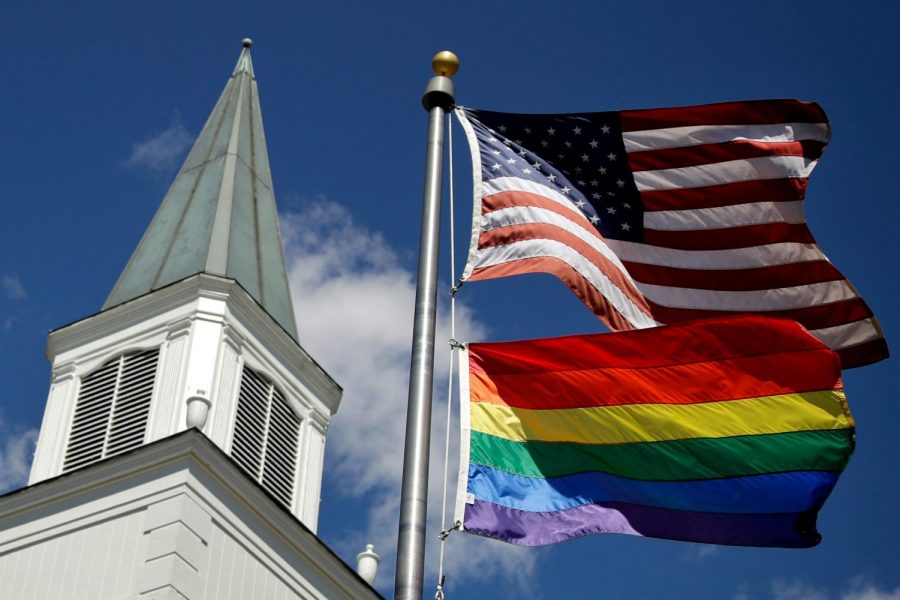Rights Didn’t End at “I Do”
December 2, 2020
As America moves towards the end of 2020 and into 2021, citizens have seen significant steps forward for people of all races, religions, and identities. Sarah McBride recently became the first transgender Senator, and the Equality Act was passed to prohibit discrimination based on an individual’s identity. However, there is a far more extreme and troubling issue in the state of Georgia. Despite already being illegal in twenty states, conversion therapy is still legal and harming LGBT people in Georgia.
Conversion therapy or reparative therapy is repeated sessions, often religious, aiming to repress an individual’s feelings and make them conform to heterosexual societal expectations. Minors and adults alike can go through this process, even if the child does not wish to go through this change.
While many believe this therapy is “curing” an individual of their sexuality, conversion therapy’s health effects on a person’s psyche are wholly damaging and ineffective. The American Psychiatric Association has stated that “the potential risks of reparative therapy are great, including depression, anxiety, and self-destructive behavior, since therapist alignment with societal prejudices against homosexuality may reinforce self-hatred already experienced by the patient.”
If the risk there isn’t already dramatic enough, a study by San Francisco State University found that lesbian, gay, and bisexual youth rejected by their families were six times more likely to have feelings of deep depression. They were also eight times more likely to attempt suicide than those with accepting guardians.
Some that support these practices are well-intentioned and think they “do not have to believe in the ideology” of LGBT persons. However, human rights and romantic attraction are not political views. A person that loves someone of the same gender or can’t see themselves as the body they were born into is still a human and doesn’t deserve abusive treatment to change who they are.
Many states have already recognized that this dangerous practice shouldn’t be legal, and Georgia should not be left behind. Georgians must pass a ban before more people are hurt. Electing officials supporting LGBT youths’ rights is saving lives and ensuring a better future for the next generations.



